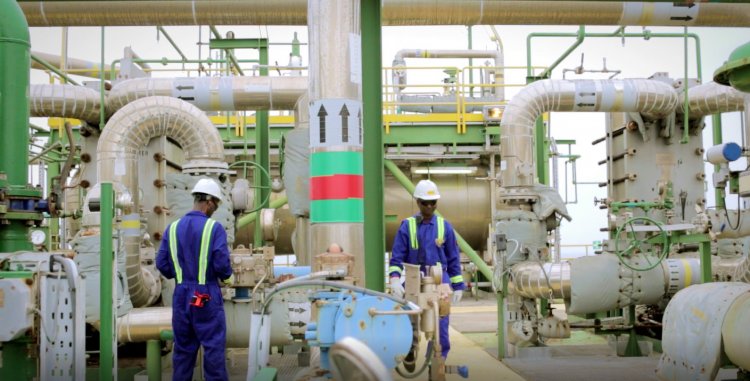"Looking back, in 2010 the oil sector's share of Angola's GDP (Gross Domestic Product) was 43 percent, and by the end of last year it had fallen to 25.5 percent, so there has been a reduction in the importance of oil," and it is expected that there will continue to be a gradual reduction in the coming years, Tiago Dionísio told Lusa.
But oil "will continue to be, by far, the most important sector in terms of the country's GDP," he said.
In an interview with Lusa during the week in which the Oil & Gas Angola conference was held in Luanda, the economist recalled that "oil represents almost 95 percent of exports and in terms of public revenue it is worth more than half," and is therefore essential to balancing the public accounts of Angola, the second largest oil producer in sub-Saharan Africa.
When asked about the effectiveness of the attempts to diversify the Angolan economy, which have been particularly noticeable in recent years, Tiago Dionísio acknowledged that an effort is being made, but stressed that the duration of this project is measured in years, not months.
"The authorities have implemented a series of reforms and are involving the private sector, but the process is gradual and will take some time," the economist stressed.
Still, he said, "it won't be a radical change. Angola continues to have a goal of producing at least one million barrels of oil per day, so this clearly indicates that despite some maintenance problems, in which the idea of reaching two million per day was abandoned, Angola will continue to try to produce at least one million barrels of oil per day," he said.
At the end of 2023, Angola left the Organization of the Petroleum Exporting Countries (OPEC), arguing that the imposition of a quota limited the country's ability to increase its production, but the truth is that Angola was unable, during this year, to overcome the limitation that would have been imposed if it had remained in OPEC.
"It wasn't a very relevant decision or one with much impact," considers Tiago Dionísio, recalling that production throughout 2024 was always very close to one million barrels of oil per day, in line with or below the limitation that would have been imposed by OPEC and its partners.
The Angola Oil & Gas Conference will be held at the Talatona Convention Center on Wednesday and Thursday and is considered "Angola's main event for the oil and gas sector, with the support of the Ministry of Natural Resources, Oil and Gas, Sonangol, the African Energy Chamber and the Petroleum Derivatives Regulatory Institute.
With the theme 'Boosting Exploration and Development Towards Increased Production in Angola', the conference brings together the entire value chain of the sector to discuss the way forward for the industry, according to the conference website, which recalls that last year more than 2200 delegates from 41 countries were received and seven agreements were signed.







